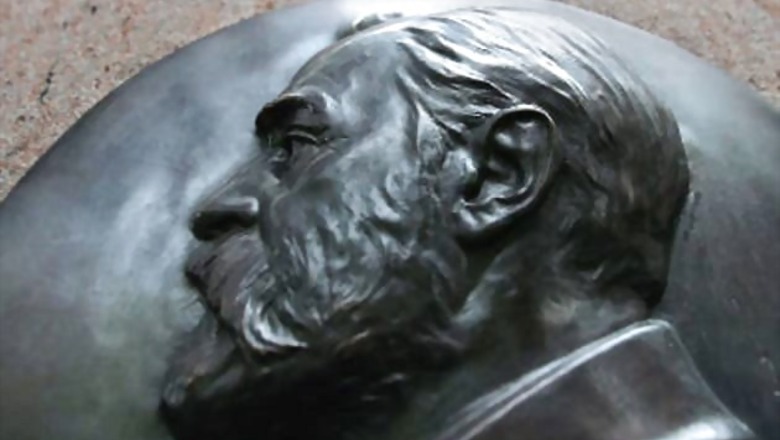
views
London: A British researcher who won the 2012 Nobel Prize for Medicine was once dismissed by his school teacher about his ambition to become a scientist as "quite ridiculous", the Guardian reported on Tuesday. Sir John Gurdon, 79, of Cambridge University, on Monday shared the prize in physiology or medicine - and 744,000-pound cash - with Japanese scientist Shinya Yamanaka, 50. Their ground-breaking work has given scientists fresh insights into how cells and organisms develop. The research may pave the way for radical advances in medicine that allow damaged or diseased tissues to be regenerated in the lab, or even inside patients' bodies.
According to his Eton schoolmaster, Gurdon, at an age of 15, did not stand out as a potential scientist. Writing in 2006, Gurdon quoted a school report as saying: "I believe Gurdon has ideas about becoming a scientist; on his present showing this is quite ridiculous. If he can't learn simple biological facts, he would have no chance of doing the work of a specialist, and it would be a sheer waste of time, both on his part and of those who would have to teach him."
His fellow researcher Yamanaka holds academic posts at Kyoto and San Francisco Universities. Speaking to reporters in London, Gurdon said it was "very gratifying" to be recognised for what has been his life's work. Prior to the duo's research, scientists believed adult cells were committed irreversibly to their specialist role, for example, as skin, brain or beating heart cells. Gurdon showed that essentially all cells contained the same genes, and so held all the information needed to make any tissue.
Building on Gurdon's work, Yamanaka developed a chemical cocktail to reprogramme adult cells into more youthful states, from which they could grow into many other tissue types. In a statement, the Nobel Assembly at Stockholm's Karolinska Institute in Sweden, said the scientists had "revolutionised our understanding of how cells and organisms develop".




















Comments
0 comment